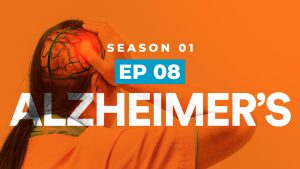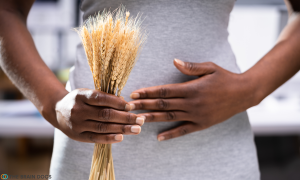From 18th century London to the promise of a global cure: the 200-year history of Parkinson’s disease.
Parkinson’s, a neurodegenerative disorder most commonly characterized by tremors and other motor symptoms, is so complex, many medical professionals are starting to classify it as a group of diseases, rather than a single disease.
In this episode, we explain those complexities, including:
- The motor symptoms (e.g. cogwheel rigidity, bradykinesia) and non-motor symptoms (e.g. depression, sleep disorders)
- How the industrial revolution may have brought about environmental factors which contribute to Parkinson’s
- The differences and similarities between Parkinson’s and other neurodegenerative diseases, like Alzheimer’s
- How Parkinson’s manifests in our brains
- Why one nurse was able to detect Parkinson’s through smell
- The neurogenetics of Parkinson’s, and the ethical quandaries of evolving genetic technology
- Why lifestyle — nutrition, exercise, etc. — is so key to preventing and managing Parkinson’s
Joining us for this extensive conversation are three incredible guests:
- Dr. Rachel Dolhun, Senior Vice President of Medical Communications at The Michael J. Fox Foundation for Parkinson’s Research
- Dr. Michael Okun, evolutionary biologist, movement disorders specialist, and Director of the Norman Fixel Institute for Neurological Diseases
- Dr. Matthew Farrer, neurogenetics expert and Professor Of Neurology at the University of Florida
Links
Dr. Rachel Dolhun
Dr. Michael Okun
Dr. Matthew Farrer











